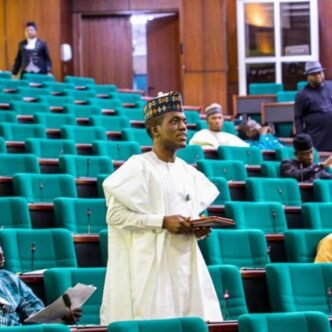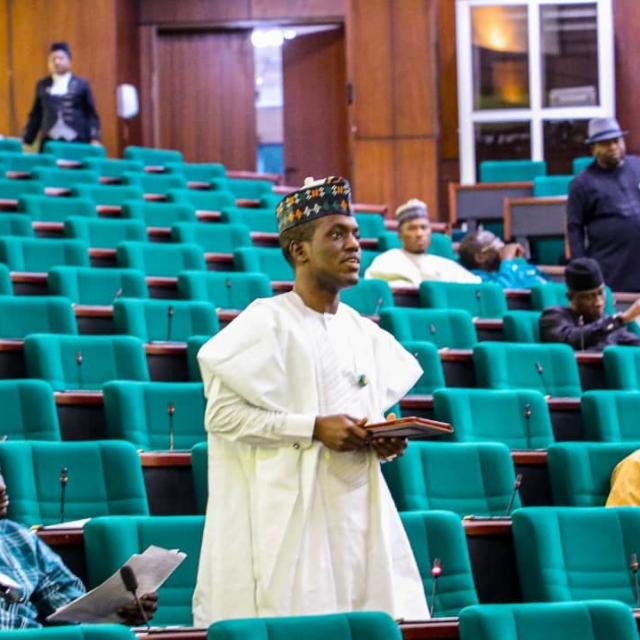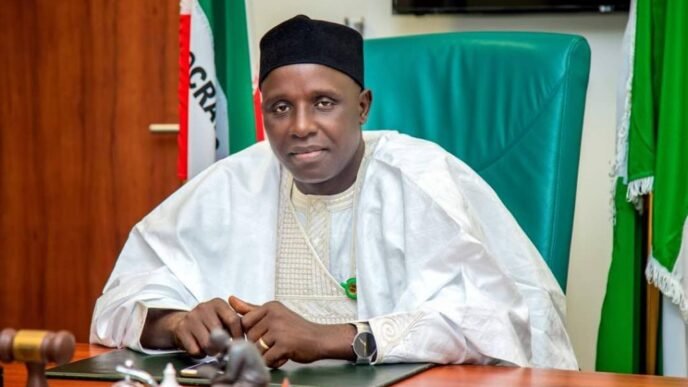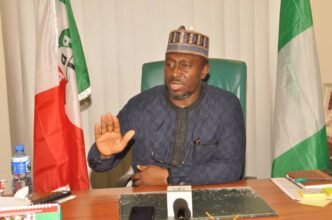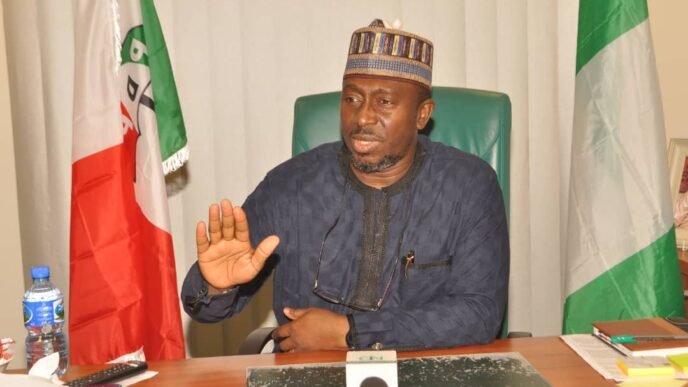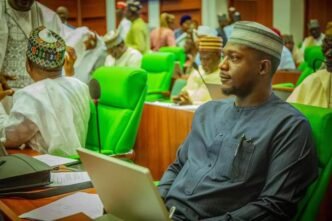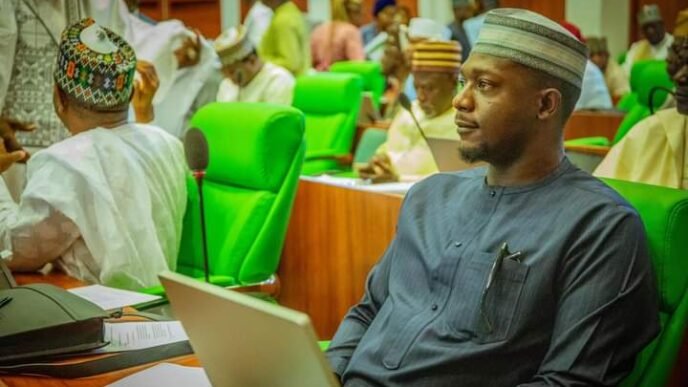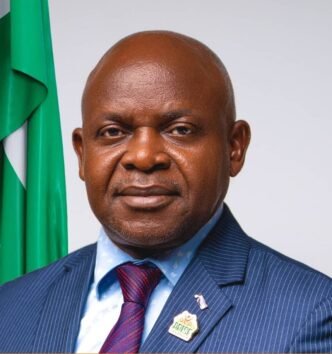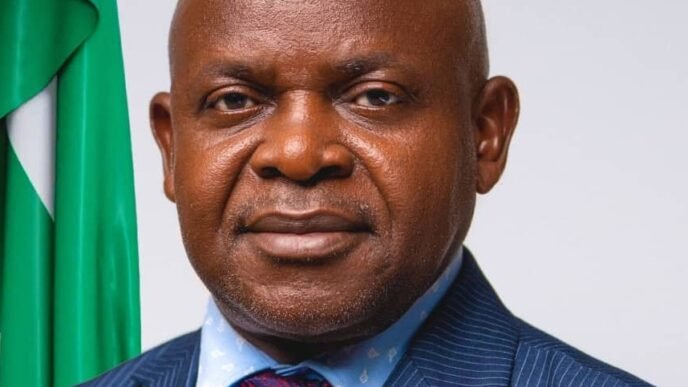HB. 1381 – A BILL FOR AN ACT TO ALTER THE CONSTITUTION OF THE FEDERAL REPUBLIC OF NIGERIA 1999 (AS ALTERED) TO PROVIDE FOR COMPULSORY RESIGNATION OF NATIONAL AND STATE EXECUTIVE MEMBERS OF POLITICAL PARTIES SEEKING ELECTIVE GOVERNMENT POSITIONS. Sponsored by Hon. Mansur Manu Soro. Bill progress- Committee Stage.
This Bill seeks to alter Section 233 of the Constitution to ensure that no one person will occupy the office of a Party Executive and still occupy a Government elective office. Hence, a member of a national and state executive of a political party must compulsorily resign before vying for elective government position.
The Nigerian House of Representatives has proposed HB. 1306, a bill designed to amend the Constitution to require that all general elections—including presidential, gubernatorial, and legislative—be conducted on the same day. This legislative initiative aims to streamline the electoral process, alleviate the workload on the Independent National Electoral Commission (INEC), and enhance the overall efficiency of voting for citizens.
Currently, general elections in Nigeria are often staggered over several days or even weeks, presenting challenges for both voters and electoral officials. By consolidating all elections into a single day, the bill seeks to simplify the process and make participation in the electoral system more accessible to citizens.
A central goal of HB. 1306 is to ease the logistical burden that staggered voting places on INEC. Hosting elections on different days demands a considerable allocation of resources, including personnel and security measures. The proposed single-day election format is expected to optimize resource use and reduce operational costs associated with managing multiple elections.
Proponents of the bill suggest that conducting elections simultaneously could lead to increased voter turnout. Requiring citizens to visit polling units only once may incentivize greater participation in the electoral process, as it could diminish voter fatigue often associated with staggered elections. By enhancing voter engagement, this initiative could strengthen the democratic fabric of the country.
Cost savings are another important aspect of the bill’s rationale. By holding all elections on the same day, the government could potentially save significant sums on logistics, security, and other election-related expenses. These savings could then be redirected to other crucial areas of public service.
Additionally, supporters argue that a single-day election could help mitigate opportunities for electoral malpractices. Staggered elections can allow for manipulation, as results from earlier contests may influence the behavior of voters in subsequent elections. A consolidated election day is seen as a way to reduce these risks and bolster the integrity of the electoral process.
Despite its promising objectives, the implementation of HB. 1306 comes with notable challenges. Coordinating simultaneous elections across various polling units nationwide would require extensive logistical planning and a considerable deployment of security personnel to ensure a safe voting environment.
Effective voter education will also be crucial for the success of this initiative. Citizens need to be well-informed about how to cast votes for multiple positions on the same day, whether through a single ballot or multiple ballots. A comprehensive education campaign is necessary to prepare voters for this new system.
Moreover, counting and collating the results of multiple elections at once presents complexities that could lead to delays. Electoral officials will face the challenge of efficiently processing numerous sets of results simultaneously, which may prolong the announcement of outcomes.
As of July 2025, HB. 1306 remains in the early stages of the legislative process. After its First Reading in the House of Representatives, the bill will move on to a Second Reading, where its overarching principles will be debated. If it receives approval in this phase, it will be referred to a committee for further examination, public hearings, and potential amendments before progressing to a Third Reading and eventual consideration by the Senate.
The introduction of HB. 1306 represents a significant step toward reforming Nigeria’s electoral landscape. If successfully implemented, this bill could enhance the efficiency, inclusivity, and transparency of the country’s voting system, fostering greater democratic participation and representation. As this legislative effort unfolds, stakeholders from various sectors will closely monitor its progress and implications for Nigeria’s governance.
